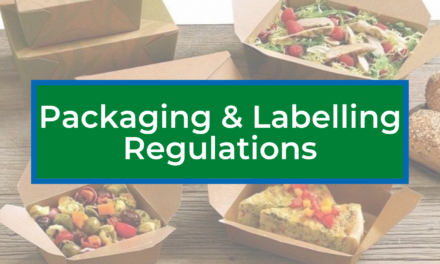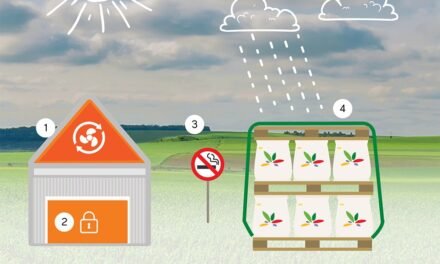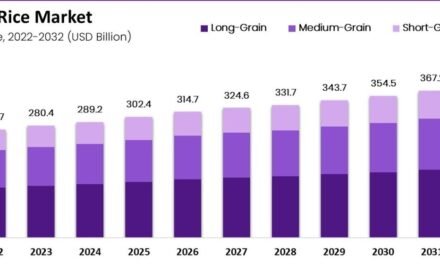The most common food processing techniques used in agriculture include a variety of methods designed to preserve, enhance, and transform raw agricultural products into finished foods. Here are some of the key techniques:
1. Canning
- Process: Food is sealed in airtight containers and heated to kill microorganisms, which helps preserve it for long periods.
- Common Products: Vegetables, fruits, soups, sauces, and meats.
2. Freezing
- Process: Food is quickly frozen to preserve its texture, flavor, and nutritional content by slowing down the growth of bacteria, yeasts, and molds.
- Common Products: Vegetables, fruits, ready meals, meat, and fish.
3. Drying
- Process: Moisture is removed from food to inhibit the growth of microorganisms, extending shelf life.
- Common Products: Dried fruits, herbs, spices, meat (jerky), grains.
4. Fermentation
- Process: Microorganisms like bacteria, yeasts, or molds break down food components (e.g., sugars) into alcohol, acids, or gases, often creating beneficial probiotics.
- Common Products: Yogurt, cheese, bread, sauerkraut, kimchi, beer, wine.
5. Pasteurization
- Process: Food is heated to a specific temperature for a set period to kill harmful microorganisms without significantly altering the food’s taste and nutritional content.
- Common Products: Milk, juices, canned foods, and sauces.
6. Pickling
- Process: Food is preserved by soaking it in an acidic solution (like vinegar) or brine to inhibit bacterial growth.
- Common Products: Pickles, olives, fermented vegetables.
7. Smoking
- Process: Food is exposed to smoke from burning wood or other materials, which imparts flavor and helps preserve the food through antimicrobial properties.
- Common Products: Smoked meats, fish, cheeses.
8. Blanching
- Process: Food is briefly immersed in boiling water or steam, then rapidly cooled. This helps preserve color, texture, flavor, and nutritional value, especially before freezing or canning.
- Common Products: Vegetables like broccoli, beans, and peas.
9. Milling
- Process: Grains and seeds are ground into flour or other products. Milling can involve various levels of refinement.
- Common Products: Flour, rice, cornmeal.
10. Concentration
- Process: Water content is removed from liquids like fruit juices, creating more concentrated forms of the food.
- Common Products: Fruit juices, tomato paste, syrups.
These techniques help ensure that food products remain safe, nutritious, and accessible year-round while also enhancing flavor, texture, and convenience. Each method has its impact on the final product’s nutritional value, taste, and shelf life.









